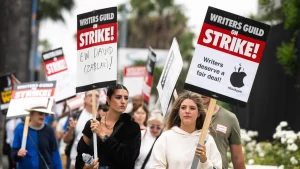Good Deal or Dangerous Political Gambit?

The US and Iran executed a deal on Monday – the return of five incarcerated Americans in return for the release of five Iranians.
That sounds fair.
But the Biden administration threw in some glicken by unfreezing nearly $6 billion in Iranian assets held in South Korea. The Iranians have agreed to spend the $6 billion for “humanitarian” purposes. And Qatar’s central bank will oversee the regulation of the unfrozen funds.
I judge that arrangement to be pure poppycock, a mutual PR stunt to subdue the obvious criticism that was likely to follow.
The US has long followed a policy of not paying for hostages. And from what I can tell, it has worked well. But now, in reversing this policy, opponents say that the US is sending a strong message to all the other anti-US terrorist countries: Just kidnap a handful of American citizens residing in or passing through your country. We can make a deal.
So why would the Biden administration make such a foolhardy deal, knowing that for the five coming home, 50 or 500 will likely be incarcerated in enemy prisons in the near future?
I can think of only one answer. Some smooth-talking foreign policy wonk convinced Biden and his backers that it would look good on the list of the president’s accomplishments in office. And it could work – at least with naïve voters – so long as there isn’t an eruption of kidnappings in the next 13 months. (Maybe that was assured with a handshake?)
For a mostly positive review of the deal, click here.
For a somewhat critical perspective, click here.
For an article on Iran’s frozen assets, click here.
And click here for a brief explanation of how the US came to its hostage policy.








